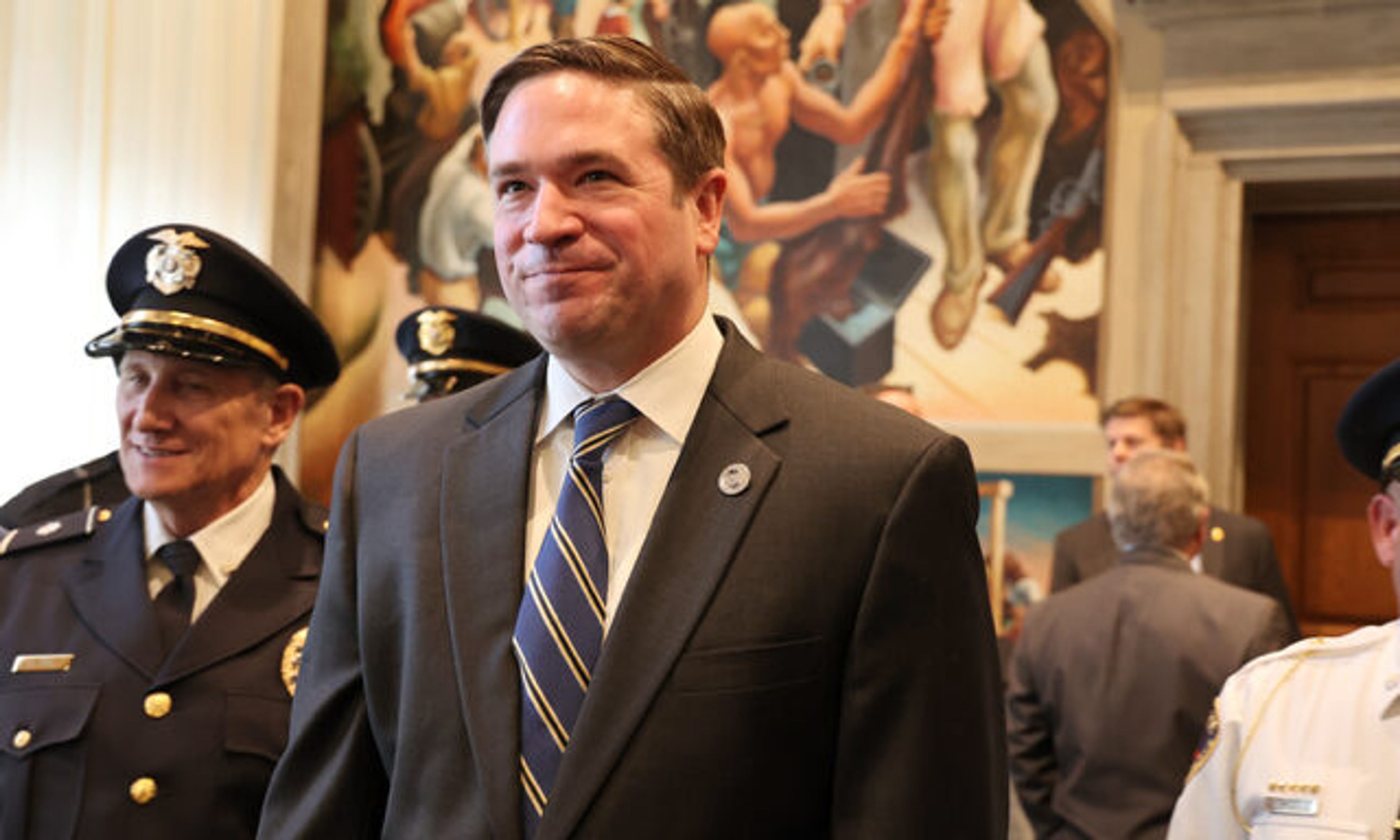Bush says U.S. won't allow Israel to be crushed
Associated Press WriterCRAWFORD, Texas (AP) -- Urged by Saudi Arabia to temper support for Israel, President Bush said Friday his message to the Arab world is unequivocal: "We will not allow Israel to be crushed." On the same day that Israeli troops re-entered a Palestinian town in the West Bank and fired upon protesters in Ramallah, Bush bluntly told Israel, "It's now time to quit it altogether."...
Associated Press WriterCRAWFORD, Texas (AP) -- Urged by Saudi Arabia to temper support for Israel, President Bush said Friday his message to the Arab world is unequivocal: "We will not allow Israel to be crushed."
On the same day that Israeli troops re-entered a Palestinian town in the West Bank and fired upon protesters in Ramallah, Bush bluntly told Israel, "It's now time to quit it altogether."
Bush spoke to reporters on the morning after his extraordinary five-hour inaugural meeting with Crown Prince Abdullah of Saudi Arabia, in which the president heard Arab criticism of his handling of the Israeli-Palestinian crisis.
"I told the crown prince that we've got a unique relationship with Israel and that one thing that the world can count on is that we will not allow Israel to be crushed," Bush said.
"The crown prince understands my foreign policy. It's important that we speak with clarity and I will continue to do so."
Bush demanded April 4 that Israeli incursions into Palestinian areas be halted and Israeli troops withdrawn, but his seeming tolerance of Israel's defiance has angered the Arab world.
Bush said Friday he'd had enough of the Israeli incursions. "The Israelis understand my position. ... There has been some progress, but it's now time to quit it altogether," Bush said near his Texas ranch.
No concrete progress resulted from the five-hour session on Bush's ranch Thursday, but both camps said that by building a personal relationship, the two leaders had made progress in improving U.S.-Saudi relations and perhaps the Mideast peace process.
"I'm convinced that the stronger our personal bond is, the more likely it is relations between our (countries) will be strong," Bush said after the two toured his ranch and dined on pecan-encrusted smoked beef tenderloin.
The relationship between the United States and the desert kingdom has seen more conflict than cooperation recently, and the crown prince delivered a stern warning to Bush that his support for Israel was damaging prospects for Mideast peace and undermining U.S. credibility in the Arab world.
"America is a country that was based on justice and freedom and doing what's right. America should pursue those principles in its foreign policies," the crown prince told Bush, according to Abdullah's foreign policy adviser, Adel Al-Jubeir.
Israeli Prime Minister Ariel Sharon "is doing great harm to America's credibility in the Arab and Muslim world," he said in a telephone interview.
Abdullah urged Bush to pressure Israel to free Palestinian leader Yasser Arafat from house arrest, and "explained to the president the dangers of the continuing stalemate and the importance of negotiating with the Palestinians," Al-Jubeir said.
"This is the closest ally of the United States from the Arab world, who has communicated to the president that Arab-American relations are on the brink of instability," said Clovis Maksoud, former Arab League ambassador to the United States and the United Nations.
Bush went no further after the meeting than repeating his demand that "all parties" -- Israelis, Palestinians and Arab neighbors -- have "responsibilities" in pushing for peace.
Nevertheless, Abdullah decided to remain in the United States for a couple more days -- a sign that the crown prince did not view the session as fruitless.
But James E. Akins, a former ambassador to Saudi Arabia, said he saw no movement in the stated purpose of the meeting: advancing Mideast peace.
"So far it harms the Mideast process. Absolutely nothing was moved forward," Akins said. "If Abdullah leaves there thinking there's no way of separating Bush from Sharon, things are going to be very bad when he gets back home."
Abdullah gave momentum earlier this year to an initiative meant to quell Mideast violence by offering peace and full recognition to Israel in exchange for the territory Jordan and Syria lost in the 1967 war.
The two leaders discussed how to advance the proposal, which was endorsed by the 22-nation Arab League, aides to both sides said.
Bush said he was grateful for Abdullah's assurance that Saudi Arabia would not support any effort by angry Arab states to join Iraq's oil embargo.
The Saudi leader "made it clear ... that they will not use oil as a weapon and I appreciate that, respect that and expect that to be the case," Bush said.
A senior administration official said Bush raised concerns about anti-Israel terror.
Connect with the Southeast Missourian Newsroom:
For corrections to this story or other insights for the editor, click here. To submit a letter to the editor, click here. To learn about the Southeast Missourian’s AI Policy, click here.








